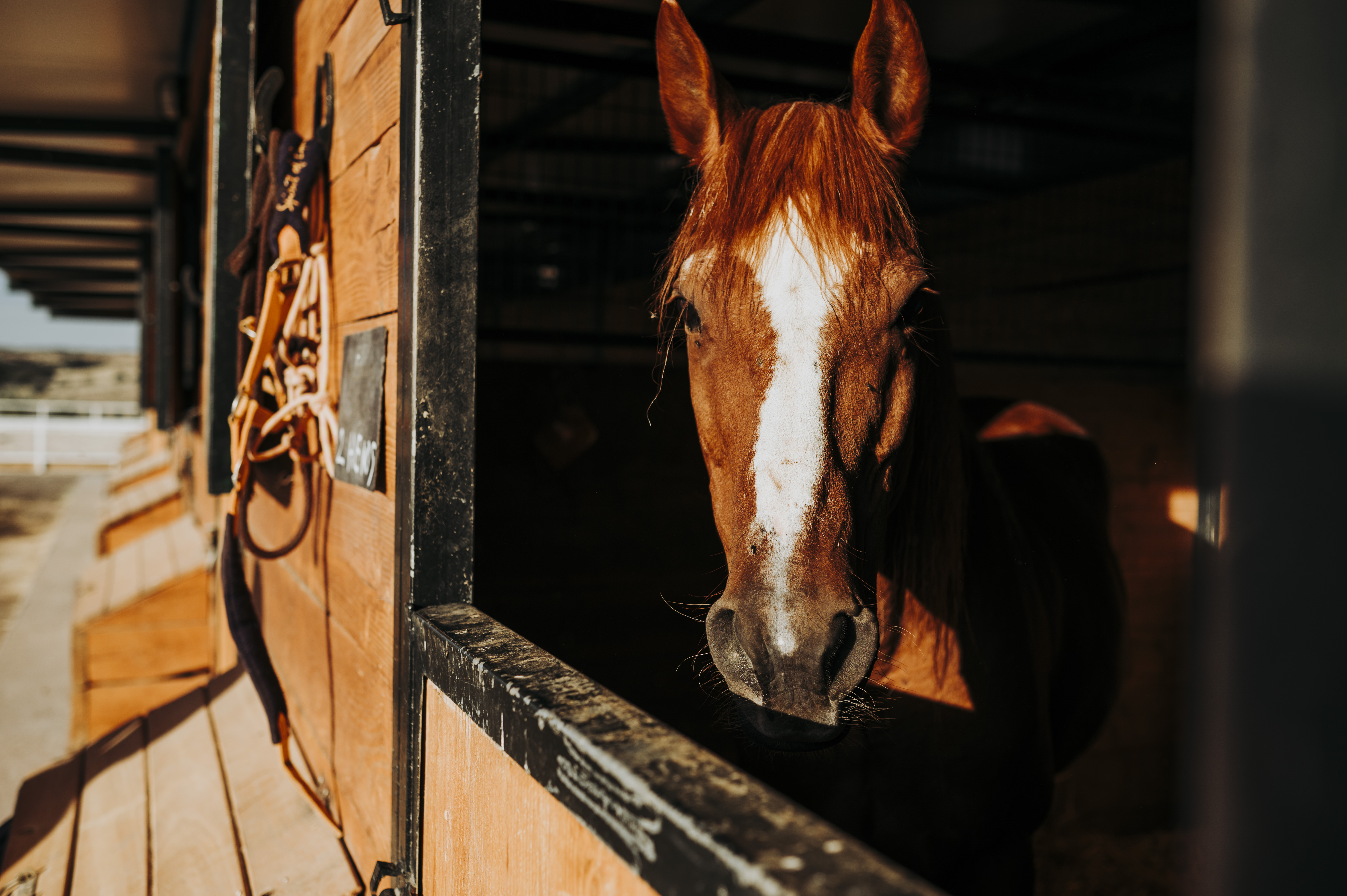FOR IMMEDIATE RELEASE:
Contact: Jenny Green
Communications Specialist, New Mexico Department of Agriculture
jgreen@nmda.nmsu.edu
Office: 575-646-3060
Cell: 575-202-4249
Sept. 5, 2024
Horse owners encouraged to vaccinate against West Nile virus
New Mexico reports first human case of West Nile virus infection in 2024
LAS CRUCES, N.M. - The state recommends that horse owners vaccinate their animals to protect them from West Nile virus (WNV) and Eastern and Western Equine Encephalitis.
The New Mexico Department of Agriculture (NMDA) – in cooperation with the New Mexico Department of Health (NMHealth) and the New Mexico Livestock Board – make the recommendation after NMHealth confirmed a West Nile Virus infection in a resident of Union County.
Horses, as well as humans, become infected after being bitten by many different mosquito species infected with WNV that have fed on infected birds. According to the American Association of Equine Practitioners (AAEP), horses represent 96.9% of all reported non-human cases of WNV in mammals.
The virus enters a horse’s bloodstream and spreads to the spinal cord and brain, causing wide-spread inflammation. Clinical signs of WNV typically present within three to 15 days after exposure. Horses and humans are considered dead-end hosts of the virus and do not contribute to the transmission cycle. The virus is not directly contagious from horse to horse, nor from horse to human. Indirect transmission via mosquitoes from infected horses is highly unlikely because horses have insignificant amounts of virus circulating in their blood. Mechanical transmission of the virus, such as through a blood transfusion, is possible. For more information on disease transmission, see the New Mexico State University Cooperative Extension publication on West Nile Virus in Horses.

Classic clinical signs of horses infected with WNV include:
- Fever
- Ataxia (incoordination)
- Stumbling
- Hind limb weakness
- Depression
- Anorexia
- Recumbency with the inability to rise
- Muscle tremors
- Dysphagia (inability to swallow)
- Head pressing
- Signs of colic
- Behavior changes
- Convulsions or even coma
While all horses are susceptible to WNV disease, many horses infected with WNV may not show clinical symptoms, and some horses can die without showing signs of disease prior to death.
If your horse is showing abnormal behavior or any neurological signs (such as ataxia), call your veterinarian immediately. It is very important to rule out other neurological diseases, such as rabies, Eastern and Western Equine Encephalitis, the neurologic form of equine herpesvirus-1 (EHV1), botulism, wobbler syndrome (cervical vertebral myelopathy), among other diseases.
There is no specific treatment or cure for horses infected with West Nile Virus. Veterinary care includes administration of anti-inflammatory drugs and intravenous fluids, if necessary. Supportive care is important for infected horses to ensure adequate food and water intake, protect the safety of the horse (to prevent injuries in ataxic horses), and to prevent pressure sores in recumbent horses.
In 2023, 19 horses were confirmed to have West Nile virus; six of those horses died. “Don’t wait until it’s too late,” said Dr. Erin Phipps, NMHealth Public Health Veterinarian. “Vaccinations can make a difference and protect your horses from West Nile Virus and other mosquito-borne diseases.”
The AAEP recommends vaccinating all horses against WNV. “Horse owners in New Mexico are encouraged to contact their veterinarian about vaccinating their horse or horses,” said state veterinarian Dr. Samantha Holeck. For information on the USDA-licensed vaccines that are currently available, as well as vaccination guidelines, visit the AAEP website.
For further guidance on West Nile virus in horses, including information on prognosis for infected horses, see NMDA’s West Nile virus fact sheet.
###
Find us at:
NMDeptAg.nmsu.edu
Facebook, Twitter and Instagram: @NMDeptAg
YouTube: NMDeptAg
LinkedIn: New Mexico Department of Agriculture
